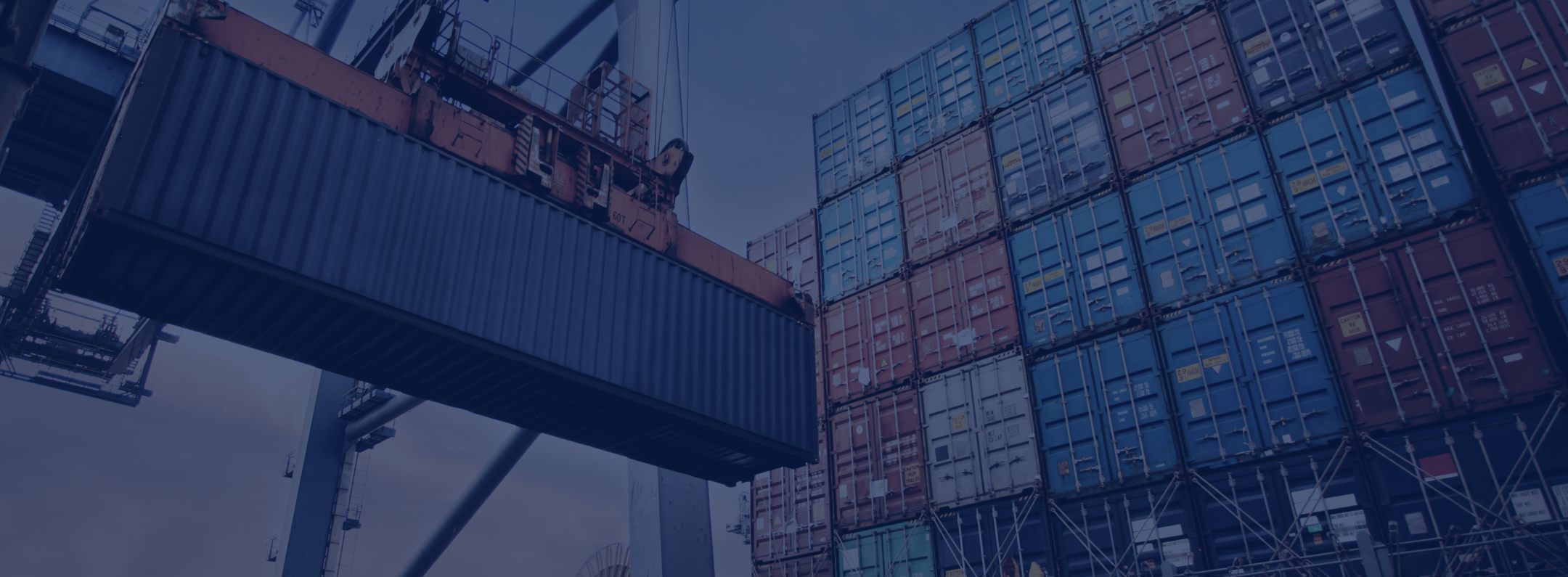The 9/11 attacks in the USA changed many things for many people. The shipping and freight world was also affected in the aftermath of these attacks.
After the 9/11 attacks, the International Maritime Organisation decided to develop, recommend, and implement security measures applicable to ships and port facilities worldwide.
These measures, called International Ship and Port Facility Security Code (ISPS), are implemented through the International Convention for the Safety of Life at Sea (SOLAS), 1974 chapter XI-2, to enhance maritime security.
The purpose of the ISPS Code is to :
- Provide a standardized, consistent global framework across the maritime world
- this enables various countries (that have subscribed to the code) to evaluate, detect and assess the security risks to the ships calling at their ports and allows them to take appropriate measures to determine the security levels they must follow and the corresponding security/preventive measures to be taken
- to institute respective roles and responsibilities of all parties (governments and government agencies subscribed to the code, port administration, and the shipping and port agencies) concerned, at a global and domestic level, to ensuring maritime security
- to exchange/share relevant security-related information
- and to assure shipowners that adequate and proportionate maritime security measures are in place for their ships
As part of following the ISPS Code, each of the entities above is required to place appropriate security officers/personnel on board each vessel, in each port facility, and in each shipping company to prepare and put into effect the security plans that will be implemented.
For the safety and protection of all concerned, the ISPS code must be implemented in its fullest form. This means the employment of qualified and trained personnel capable of implementing the security measures set by the port and the ship.
The security arrangements have to be done both from the Ships side and from the Ports side.
These arrangements will involve additional costs for the shipping line and the port. The shipping lines/ship operators implement the ISPS Charges to cover these costs.
The ISPS charges charged by the carrier are known as Carrier Security Fee to cover the carrier’s cost towards the maintenance of the ISPS code.
Similar to the ship, the container terminal also levies the carrier a cost to follow the ISPS code requirements at the calling port/terminal. This cost is known as the Terminal Security Charge.
The ISPS charges generally form part of the freight quote and must be paid along with the freight.
The quantum of the ISPS charges is set by the line depending on the port of call, as some of these costs are variable.
.png)



